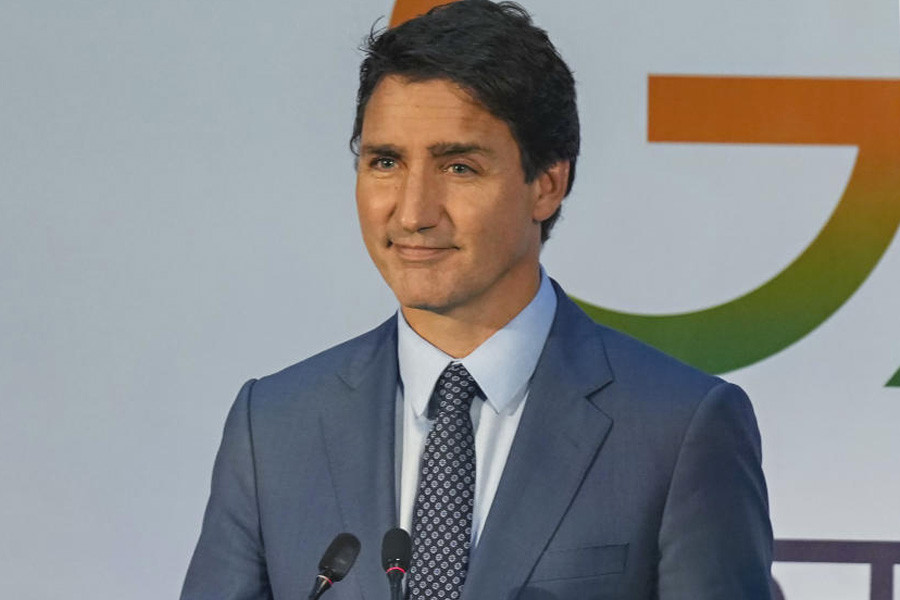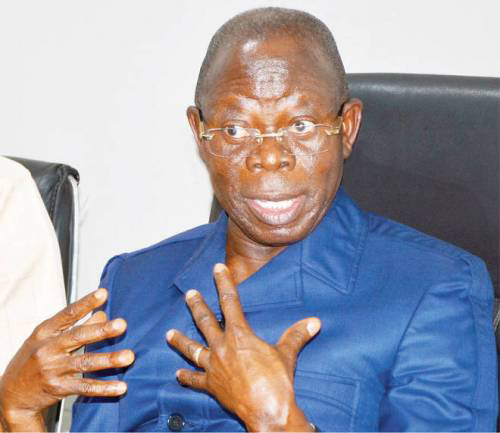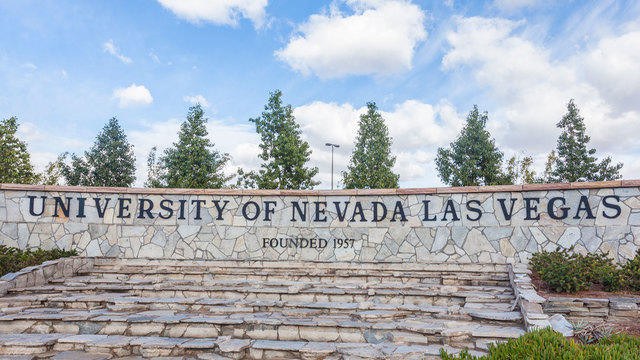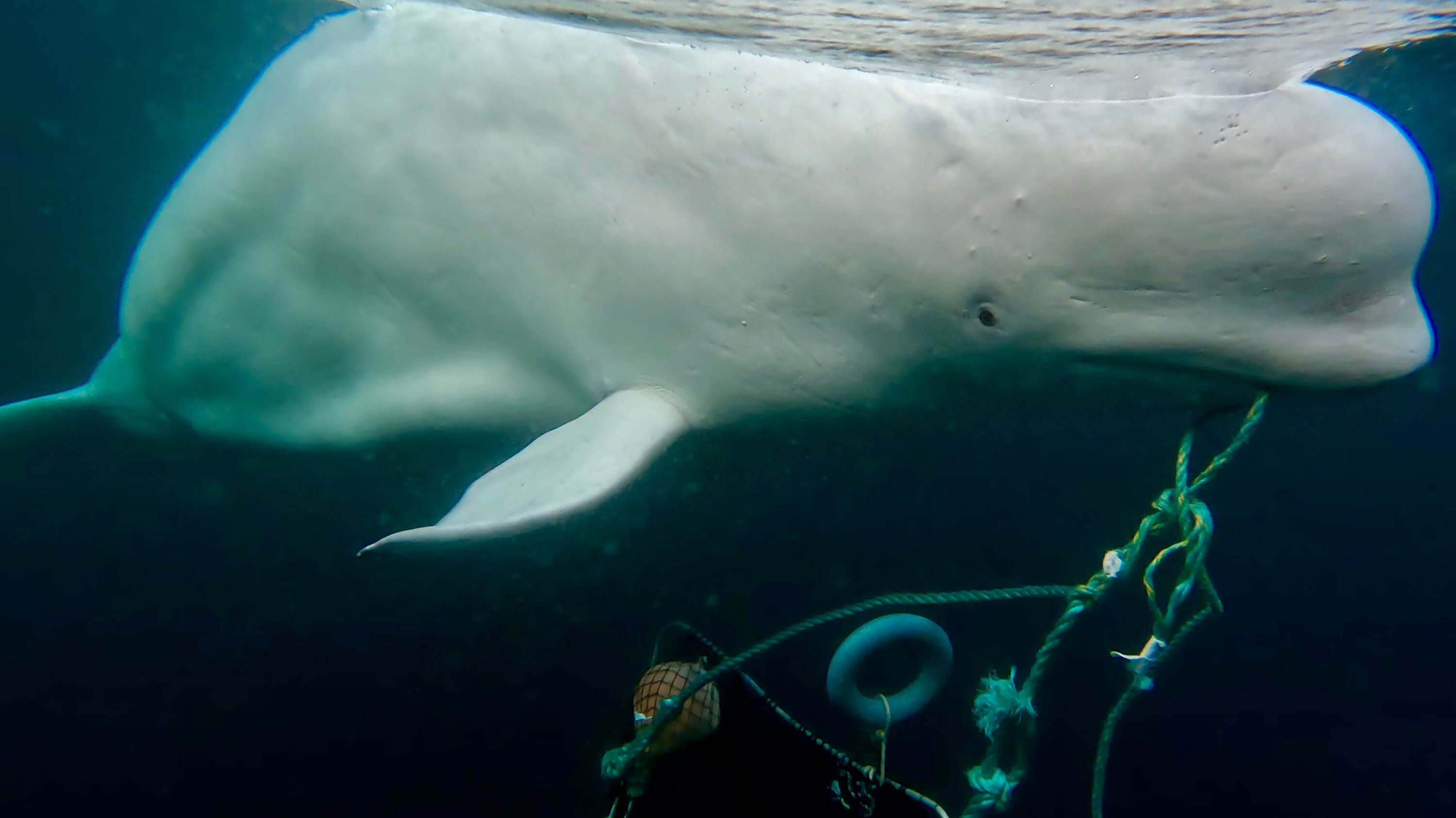Justin Trudeau’s appearance on the American late-night show “The Late Show with Stephen Colbert” began with lighthearted jokes about bacon and Canadians apologizing, but quickly shifted to more serious topics as Colbert questioned Trudeau about the upcoming confidence vote in the House of Commons.
“People are hurting. People are struggling to pay for groceries, to pay for rent, to fill up their tanks,” Trudeau admitted during the interview that aired Monday night on CBS. The interview was recorded in New York, where the Prime Minister spent a few days for the United Nations General Assembly meeting.
Trudeau acknowledged widespread frustration within the population, calling it a “really tough” time. He argued that the housing crisis “is a little more acute” in Canada than in the United States. And while he noted that the Canadian “macro” economy is doing better than its neighbor to the south, people don’t feel it when they’re at the checkout.
Despite these challenges, Trudeau emphasized the importance of pushing forward with initiatives like $10-a-day childcare, dental care, and pharmacare, making prescription drugs for diabetes and contraceptives available for free.
Trudeau will return to Ottawa on Wednesday, in time for the vote on a censure motion that the Conservatives plan to present in hopes of bringing down the minority government.
“People sometimes want a change, but the reality is that I deeply believe that we need to keep fighting climate change and investing in people, continue to be there to support them. And I will continue to fight,” he reassured.
At one point, Colbert brought up the rise of ideologies like fascism and xenophobia around the world. He noted that even in Canada, Trudeau’s opponent has been dubbed the “Canadian Trump.” The host asked why such ideologies are making a comeback even in a country “as polite as Canada.”
Trudeau didn’t directly address the “Canadian Trump” label but admitted that Canada isn’t perfect. He reminded viewers that it took decades to fight for a universal healthcare system and that things like being a global leader in fighting climate change are worth defending.
“There’s a big debate right now about the actual existence of dental care. We’ve provided it to 700,000 people across the country and my opponent is manipulating us by saying that dental care doesn’t even exist yet,” he said.
In a statement released earlier in September, Conservative health critic Stephen Ellis accused the government of botching the dental care program, claiming that the vast majority of Canadians are ineligible and that those who are eligible might have to pay out of pocket.
Colbert also questioned Trudeau about issues that divide Canada and the United States, such as lumber tariffs, which the U.S. Department of Commerce almost doubled in August. Trudeau responded that Americans were paying too much for lumber due to the tariffs.
“We cross the border to buy cheaper drugs. Is that okay with you?” Colbert asked.
Understanding the Censure Motion: What It Is and Why It Matters
The Conservative Party of Pierre Poilievre will present a motion of censure this Tuesday in an attempt to bring down Justin Trudeau’s Liberal government. While this attempt has little chance of success without the support of other opposition parties, this parliamentary mechanism is likely to resurface in the news this fall. Here’s what it entails.
The Conservative Party will have a second opportunity this week to file a motion of censure aimed at toppling Justin Trudeau’s government.
Trudeau at the UN: Addressing Global Challenges and Haiti's Crisis
Prime Minister Justin Trudeau is set to participate in the opening of the general debate of the 79th session of the United Nations General Assembly on Tuesday in New York.
Trudeau urged world leaders to come together to develop a serious and immediate plan to meet the humanitarian needs of Haitians as the Caribbean nation continues to be plagued by gang violence, hunger, and political instability.
Beyond the Spotlight: Other News from Canada
Language Politics and Controversy
The Franco-Ontarian MP Francis Drouin, who last spring referred to witnesses advocating for the protection of the French language as “full of crap,” is no longer a permanent member of the Liberal Party of Canada on the official languages committee.
Quebec’s Political Landscape
The Coalition Avenir Québec (CAQ) is considering resuming political fundraising, depending on the guidelines the ethics commissioner of the National Assembly will soon provide to members.
A Debate on Northvolt and Transparency
Following the elimination of 1600 jobs at Northvolt, the Parti Québécois is demanding an emergency debate in the National Assembly on the Legault government’s “bet” of 1.37 billion in public funds in this Swedish company, half of which has already been committed. The party accuses the Premier of a lack of transparency in this matter.
Canada's Special Representative on Islamophobia under Scrutiny
Canada’s special representative in the fight against Islamophobia, Amira Elghawaby, will have to provide approximately 3000 pages of documents to La Presse. The country’s Information Commissioner recently issued an order compelling the Department of Canadian Heritage, under which Elghawaby falls, to respond to an access to information request that it had chosen to ignore.
NPD Pushes for Recognition of Palestinian State
The New Democratic Party (NDP) is urging the Liberals to recognize the Palestinian state, warning that a Conservative government would not protect international law in the Middle East.
Call for Civility in Parliament
After a week of acrimonious debates, federal MPs agreed to behave “with civility and respect” by supporting a motion tabled by the Bloc Québécois.
British Columbia's Political Shift
British Columbia has experienced a true political earthquake. On August 28, the leader of the former Liberal Party, the official opposition, decided to ban his members and candidates from running in the election and rallied behind the Conservative Party. We will see on October 19 how he has transformed the political landscape.
Women Leading the UN
Canadian Foreign Affairs Minister Mélanie Joly has stated that it’s time for a woman to lead the UN. Her call was echoed by 14 other female foreign ministers on Friday.
Legault’s Immigration Stance
François Legault insists that the ballot box issue in the next federal election must be the reduction of temporary immigrants in Quebec. The Premier even makes it a necessary condition for supporting a federal political formation in the election.
Conservative MP Backtracks on Election Comments
Conservative MP Kevin Waugh, who had expressed doubts that his constituents in Saskatchewan wanted a federal election now, retracts his statements in a statement sent to La Presse Canadienne by the team of the leader of the official opposition, Pierre Poilievre.
A Look Ahead: What's Next for Canadian Politics
From Quebec to Ottawa, a whirlwind of political developments continues to unfold. The upcoming censure vote, the UN General Assembly, and the evolving landscape in British Columbia are just a few of the many issues that will shape the future of Canadian politics. The coming months promise to be full of intrigue and uncertainty, as the country navigates through a period of significant challenges and change.

















